Who’s your favorite sports team? What restaurant did you go to last weekend? Pretty scary, but these are the kinds of things on which hiring decisions are made sometimes. In the name of building company culture, too many decision makers are hiring people they’d like to be friends with instead of colleagues to advance the business.
Lauren Rivera, an associate professor of management and organizations at Northwestern University’s Kellogg School of Management, recently reported on her research in the NY Times. Her article, “Guess Who Doesn’t Fit in at Work” definitely sets off some alarm bells.
Studying investment banks, she discovered that “Fit was not about a match with organizational values. It was about personal fit. . . It was about the interviewers’ personal enjoyment and fun.” In other words, the guy most likely to be fun to have a beer with after work is the most likely to get the job. (Sometimes I think this applies to political elections, as well.)
We know that company culture – one that supports employees, provides them with learning and career opportunities, and one which expresses recognition for contributions – has a significant impact on the health of the business. Building a solid culture of employee engagement correlates positively to many important business metrics from retention to sales.
But company culture and employee engagement are not about making friends. It takes a wide variety of perspectives and abilities to make most businesses run. In fact, Rivera points out that “for jobs involving complex decisions and creativity, more diverse teams outperform less diverse ones.”
Building a community at work means building a team that will support brand values, deliver to internal and external customers, and collaboratively work towards the common good. That’s not exactly the same as going to the same hair stylist or golfing at the same club.
So, let’s strive to build real communities at work with a culture that reflects the outside world: diverse in every way. The Red Sox lover may know more than the Yankees fan. And that woman from the West Coast might have experience in just the kind of challenges we’re facing.
Rivera has some good suggestions:
- Communicate a clear and consistent idea of what the organization’s culture is (and is not) to potential employees
- Make sure the definition of cultural fit is closely aligned with business goals
- Create formal procedures like checklists for measuring fit, so that assessment is not left up to the eyes (and extracurriculars) of the beholder
- Consider putting concrete limits on how much fit can sway hiring
As Rivera warns, “Left to their own devices, interviewers often define merit in their own image.”
Hiring a solid team that can solve your problems and serve your clients shouldn’t be a popularity contest or a fraternity rush event. With a little effort we can build a real culture of engagement that extends to a diverse audience, ready to handle anything.
Previously published on LinkedIn.



